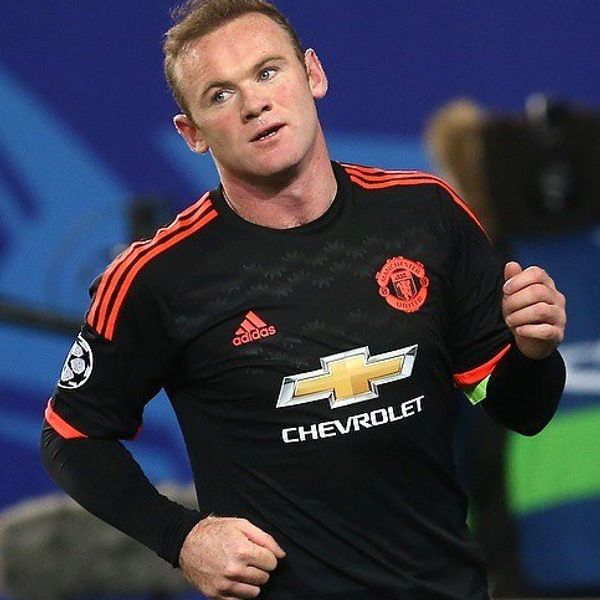Sunday night will start the Stadium Series for the National Hockey League. One of the newest revamps to the sport of hockey, the series includes two teams playing against one another outdoors. The event is a spin-off of the Winter Classic, which is the same premise, but only played once a year on New Year’s Day.
This year, it will be the Minnesota Wild hosting the Chicago Blackhawks at TFC Bank Stadium in Minneapolis, Minnesota. Gary Bettman, the NHL Commissioner, will have a smile on his face as the puck drops. Bettman once again has saved his sport from folding.
When Bettman took the reins of the NHL in 1993, the league was in turmoil. Bettman, the first commissioner of the NHL, sought to finalize expansion plans focused on the southern United States. He fought much opposition as he took away small market teams from Canada and moved them to the bigger markets of the United States. This created animosity between him, fans, and players in the league, leading up to the lockout of the 94-95 season.
A lockout occurs when the union of team owners and the union of players cannot find common ground on a deal for arbitration or a new collective bargaining agreement. If the owners feel they are being poorly represented, they simply lock the doors to the arenas.
The commissioner's job is to adhere to both sides and help them come together to make a deal. Bettman was forced to side with the NHL team’s owners in an action to keep the season alive. Although half of the season was lost to the lockout, the 94-95 playoffs were pivotal in keeping the National television contract with FOX Sports.
The lockout was a lesson to Bettman on how crucial his involvement is during arbitration hearings and collective bargaining agreements. In a 2009 interview with George Stroumboulopoulos, Bettman regrets being passive during the negotiations.
“As strong as the league is now and as well as we’re doing, the run-up years to the work stoppage and the stoppage itself, I wish I could have been more persuasive to the union. Not just in terms of the problems because they didn’t want to hear it, but in making it more clear that this was to be the improvement and the embodiment of a stronger, healthier, and more entertaining game.”
This was in reference to the cancelation of the entire 04-05 season due to the owners feeling that player salaries were rising faster than what the league itself was making. This was also the first time in North American sports history that an entire season was canceled due to work stoppage. Bettman once again sided with the owners and cut player’s salary caps to 54 percent.
A third work stoppage under his tenure happened during the 2012-13 season. The settlement included an increase in salary cap for the league and a limit on contract length. In siding with the owners once again, Bettman gained a bad reputation among players and fans.
He is regularly booed while he gives out the Stanley Cup or while announcing at the NHL entry drafts. Many hockey sportscasters differ with Bettman and his defense makes him seem nervous and combative.
Three work stoppages over the course of 23 years can give off the perception that Bettman isn’t a great commissioner, but other sports have had far worse. The MLB had eight work stoppages between 1972 and 1995 and the NFL has had five strikes between 1968 and 1991. Bettman has also increased the revenue of the NHL from $400 million in 1993 to 3.98 billion in 2015. Bettman's expansion teams are starting to thrive. Despite the move of the Atlanta Thrashers back up north to Winnipeg and the Phoenix Coyotes filing for bankruptcy, the ten teams that joined the league under Bettman have five championships between them. Recently, Bettman has been focused on making the league more exciting. For the 2015-1016 season he created the 3-on-3 overtime in an attempt to end games before going to a shootout. The Winter Classic and Stadium Series are also growing in popularity.
With most of the league's financial trouble behind them, Bettman looks to expand again. The NHL are currently reviewing bids for a team in Las Vegas and Quebec City. Without Bettman, the league would not be as successful as it is today. His ability to get television contracts from major networks and success through expansion are major positive points of his time as commissioner. He has had his low points with multiple lockouts and concern over representation of the players and Bettman is at the forefront of much hatred, but it would be hard to think of the NHL as a multi-billion dollar business without Bettman at the helm. The Bettman's impact has kept the NHL relevant and, most of all, kept the sport from folding.





















